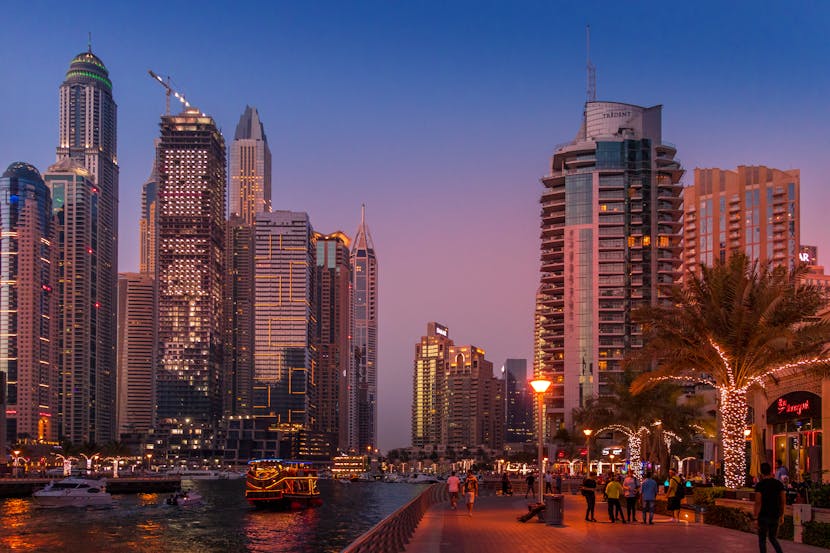After handing the reins of power to Claudia Sheinbaum on 1 October, Mexico’s outgoing president, Andrés Manuel López Obrador, hoisted her arm aloft in a joint show of victory. López Obrador – a hugely popular but controversial figure in Mexico – bequeathed more than just the presidential sash to his political protégé. She inherits a nation, and an economy, that is performing well in some areas, and facing significant challenges in others.
The good news from her government’s perspective is that Mexico has strengthened its trade position with its neighbour to the north, displacing China as the US’s biggest trading partner. Mexico has benefitted from “nearshoring” – that is, the relocation of US and Asian firms from China to northern Mexico to bypass punitive US tariffs on Chinese exports. “Mexico has always been attractive to capital flows because of our geographical position, our free trade agreements with North America, our work force,” former Mexican trade negotiator Juan Carlos Baker Pineda told me before the election.
“But over the past few years, it increasingly seems that if you [a foreign firm] want to do business with the US you need some kind of footing in Mexico.” The outlook is optimistic, he believes, pointing to Amazon’s recent announcement that it will invest $5bn (£3.8bn) in Mexico over the next 15 years, and an additional $1bn investment by German carmaker Volkswagen.
Mr Baker Pineda also cites promising plans from South Afr.



















